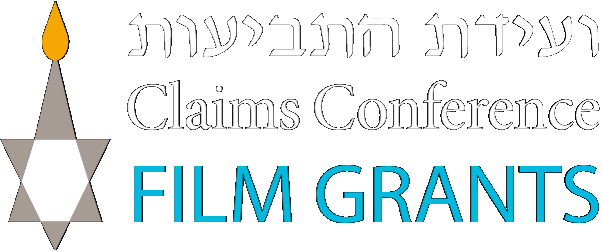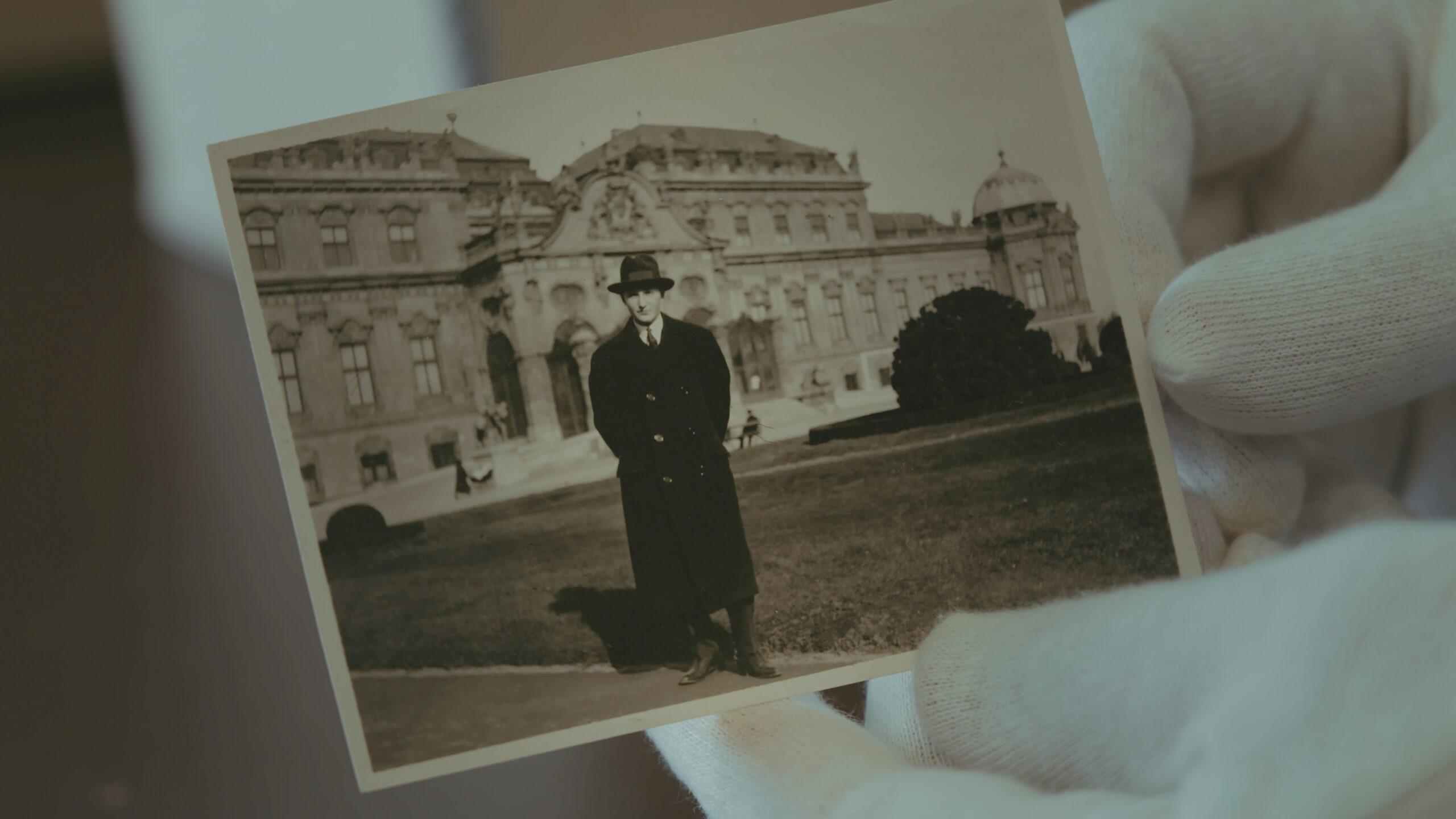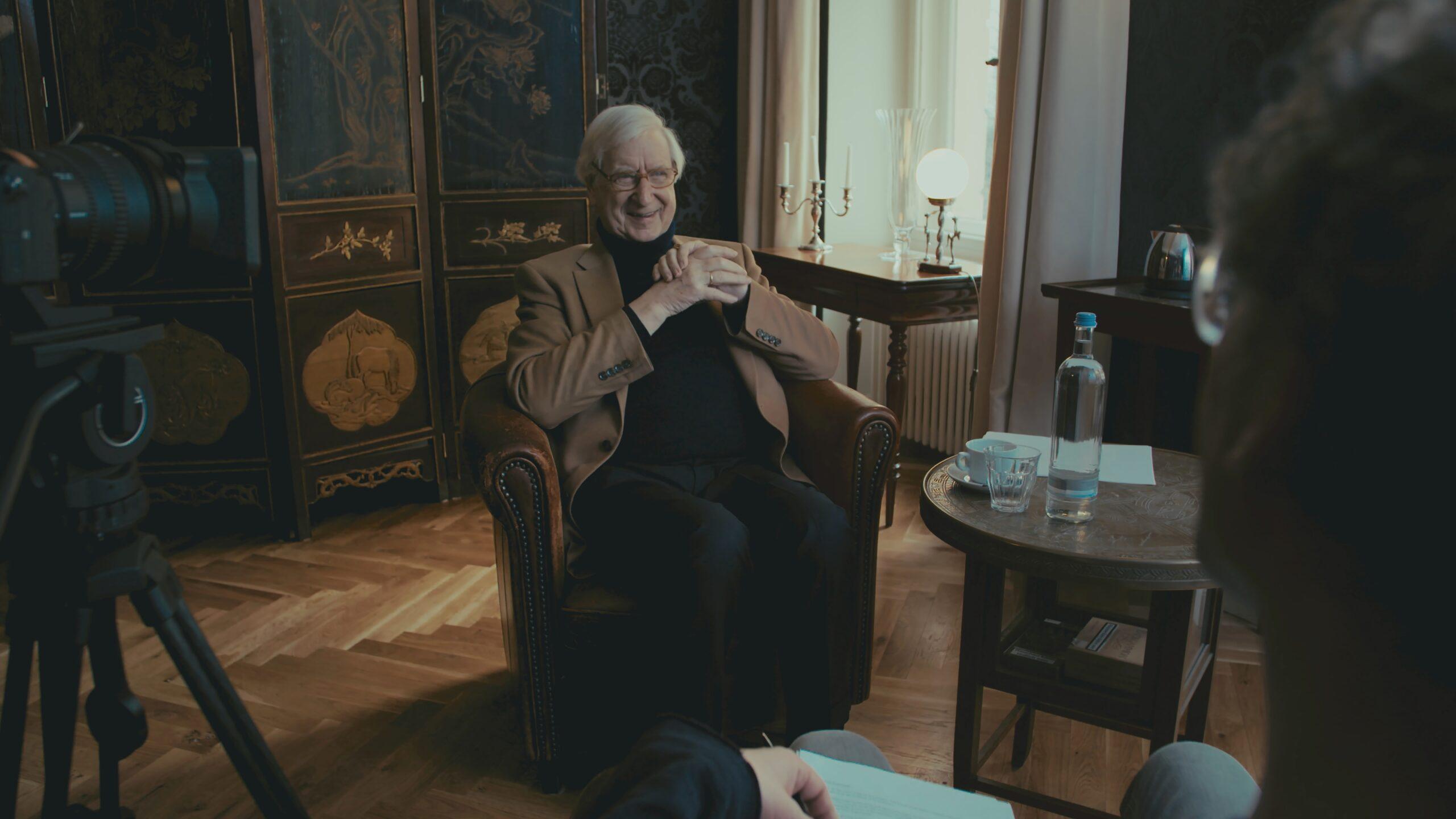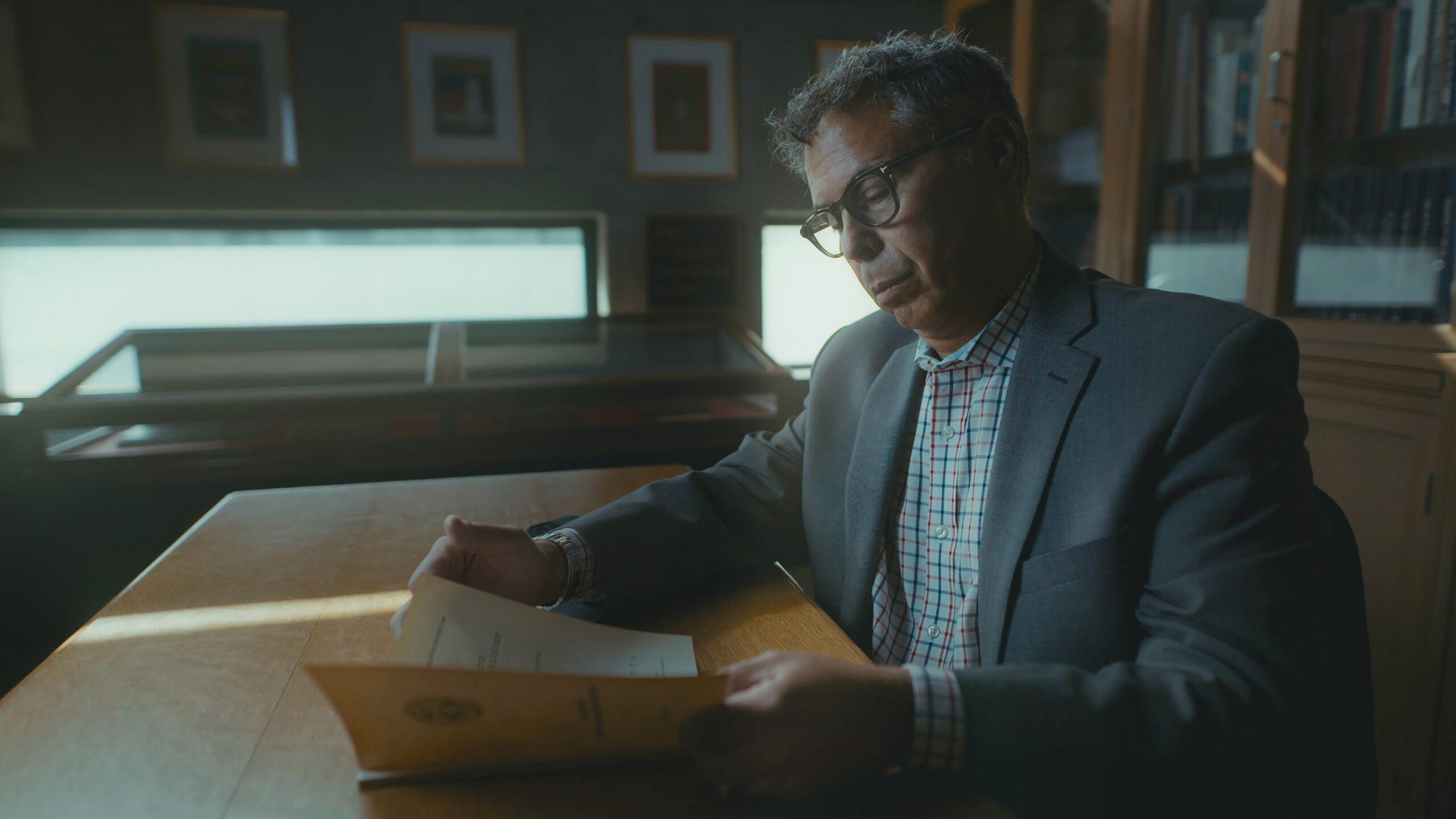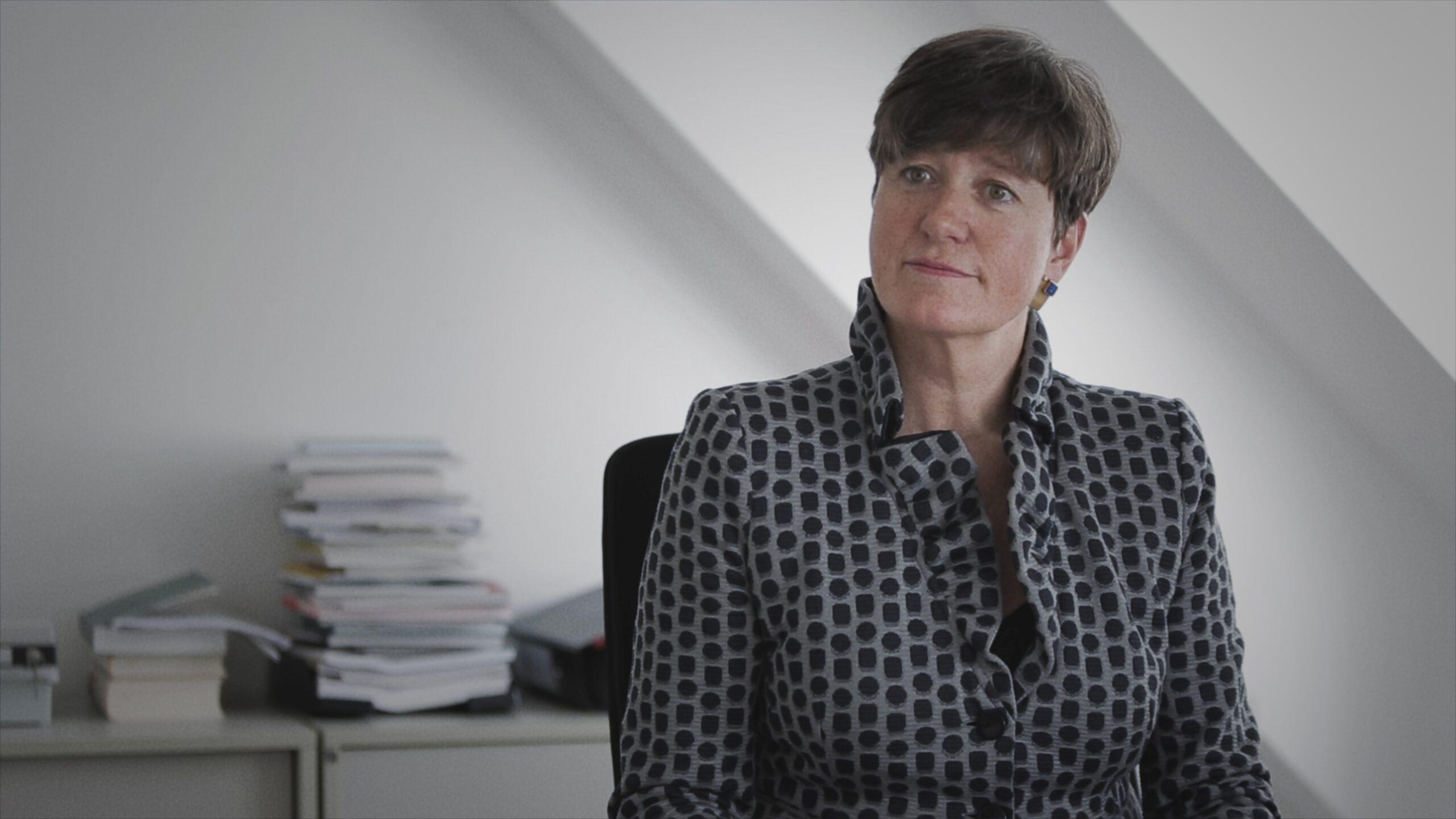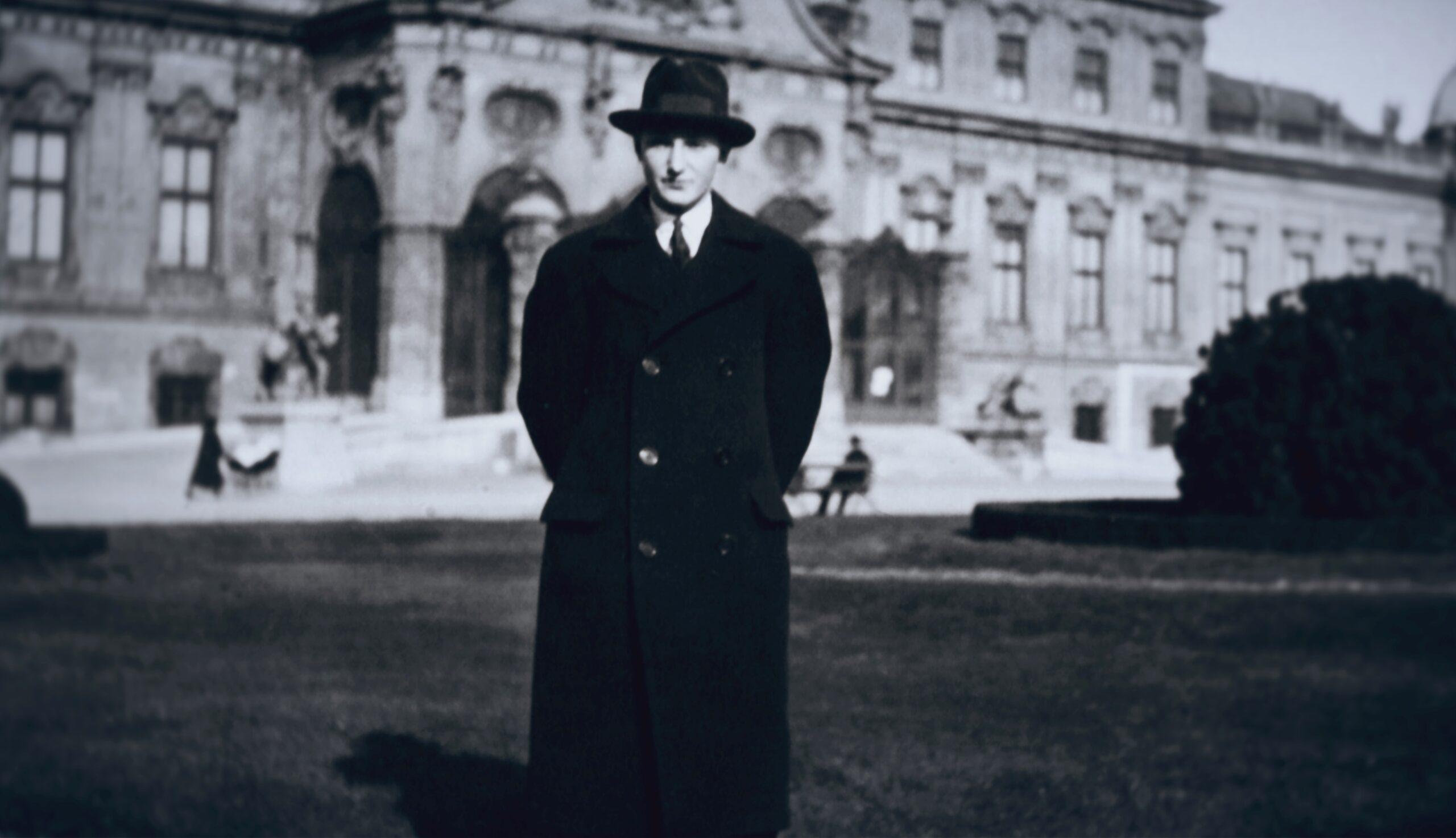Germany’s attempts to honor Jewish-Canadian art dealer Max Stern exposes the still-raging battle over the restitution of Nazi-looted art.
Synopsis
Amid the rise of the far-right in Germany, as the spoils of post-WW2 collections hit the world art market afresh, lawyers, curators, politicians, and Jewish groups the world round are duking it out, painting by painting, sketch by sketch, over questions of ownership, history, and morality.
A series of failed attempts by the city of Düsseldorf to honor German-Jewish art dealer Max Stern, who barely escaped the war, settled in Montreal and became Canada’s most successful art dealer, cuts to the heart of the current crisis in Germany and the art world beyond around the restitution of Nazi-looted art.
Through a combination of exclusive interviews, actuality captured over a four-year period, and a gold-mine of rarely seen stock footage, The Spoils traces the betimes tragic, often irony-laced strokes in this ongoing battle.
About the Director
Writer-director-producer Jamie Kastner has created an award-winning, internationally acclaimed body of feature documentary work ranging from comic-ironic road movies to cultural essays to crime and political thrillers, through Cave 7 Productions, a company run with his wife, producer Laura Baron Kastner.
Kastner’s films have played festivals including TIFF, Hot Docs, BFI London, Rotterdam, CPH Dox, Stockholm FF, and Sao Paulo’s Mostra, garnered major media attention in such publications as The New York Times, The Guardian and The Times of London. They have been seen on CBC, TVO, BBC Storyville, ZDF-Arte, Netflix, Amazon, theatrically through Mongrel Media (Canada), Strand Releasing, Screen Media (US), Kudokawa (Japan).
There Are No Fakes (2019) inspired a criminal investigation that led to eight arrests, 40 charges laid, and 1000 paintings seized in what police called “the biggest art fraud in the world.” The Skyjacker’s Tale (2016) inspired the Innocence Project to investigate the case of five wrongfully convicted men.
His films have been nominated for numerous awards, and even occasionally won. Charlotte’s Castle (2023) was nominated for four Canadian Screen Awards including Best Documentary and Best Director, and There Are No Fakes was nominated for six including Best Arts Documentary, Best Director and Best Screenwriter. It was also up fora Banff Rockie Award for Best Arts Documentary and was a Top 10 Audience Choice film at Hot Docs ’19.
Kastner has scripted and is directing the fiction feature adaptation The Skyjacker’s Son.
Artistic Statement
I have long subscribed to the artist Ben Shahn’s idea that form is the shape of content. The material at the heart of THE SPOILS presents a unique challenge, a contemporary tale in the supposedly civilized, understated corridors of art and politics, that barely manage to contain a much-fought-over history constantly threatening to bubble over.
This became the narrative raison d’être for revisiting the less-known story of the Jews under the Nazis in 1933-37, the progressive stages of dehumanization, which led to the Holocaust. This progression now seems, sadly, strikingly relevant and resonant to so much going on in the world today.
Access to powerful characters at key points of the story was of course essential, then to dramatically structure this interview-based tale as a thriller/ investigation, letting the conflicting views of history emerge to be brandished as they support or contradict the speakers’ arguments. A basically classic approach visual illustration takes on extra shades of significance, focus rack to the sharp gold points of a fence outside city hall, the pompous expressions on historical statues around an old city seem to echo the attitudes of the city’s current administration…
One definite departure from classic documentary illustration is the extended Mel Brooks clip. This started as an edit room joke, a refrain I found myself singing as the action of this film took shape, but it became clear that it was a sadly, ironically, appropriate commentary and the still-current attitudes it reveals.
Though my sympathies are perhaps ultimately evident, it strikes me as vitally important that both sides in this story are given a fair shake. Aside from basic journalistic principles, a battle between multiple credible viewpoints only strengthens the story and helps engage the viewer more deeply.
Though the morality of the pro-restitution side’s case is obvious, the anti-restitution case is not without nuance or merit. Even if one unequivocally feels that the doing the right things means returning stolen work to the people from whom it was taken, there are many genuine practical conundrums involved in restitution after such a length of time. One can understand why, if a painting of some value has by now been in your family for three generations, you’d be loath to just give it up for the asking. The devil is certainly in the details here.
The nice thing about the Max Stern Art Restitution story – nice for the film, unfortunate for the world — is that it’s an old battle that, surprisingly, continues to play out in the present tense. Just when you thought you’d heard everything about the Holocaust, there’s some new, horrifying revelation. The shocking extent of Nazi looting was news to me, not only of art, but the department stores filled with looted Jewish goods for purchase by Nazi soldiers; images of people in the streets — not guards in camps — attacking Jews in the street, tearing their clothes off, beating, raping, robbing their neighbours…
And yet the challenge, remembering this, is contending coolly with the legalities of how now to handle such spoils. It strikes me as incredibly, viscerally dramatic, and broadly applicable to all sorts of issues surrounding restitution, well beyond looted art to its rightful Jewish owners and their heirs.
In a sense, the story of Nazi-looted art restitution, which the Max Stern Art Restitution project uniquely captures, is like a part of WWII that is still carrying on, albeit fought out in civilized courtrooms and auction houses.
-Jamie Kastner
Festivals, Screenings, & Awards
Film Fest München – World Premiere (2024)
UK Jewish Film Festival (2024)
New York Jewish Film Festival (2025)
Miami Jewish Film Festival (2025)
Atlanta Jewish Film Festival (2025)
Boca International Jewish Film Festival (2025)
Year
2024
Film Type
Documentary
Film Length
1 hour 44 minutes
Language
English, German
Production Country
Canada
Production Company
Cave 7 Productions
Director/Writer
Jamie Kastner
Producer
Jamie Kastner, Laura Baron Kastner
Editing
Michael Hannan
Cinematography
Mark Caswell
Music
Tom Third
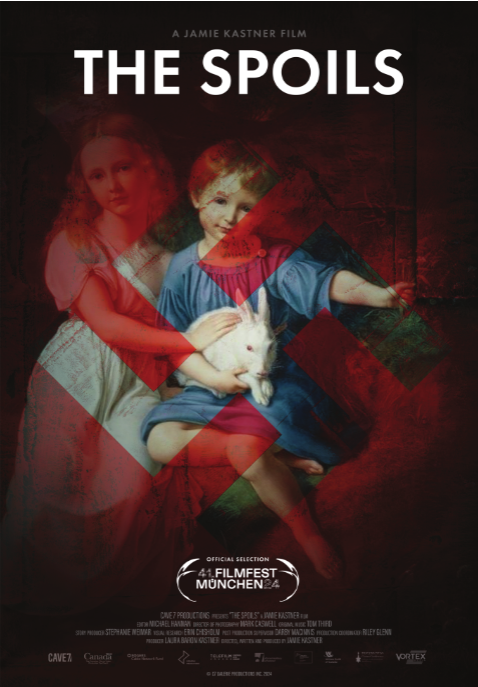
Funding
With Assistance from Conference on Jewish Material Claims Against Germany
Supported by the Foundation Remembrance, Responsibility and Future and by the German Federal Ministry of Finance
Trailer
Stills

